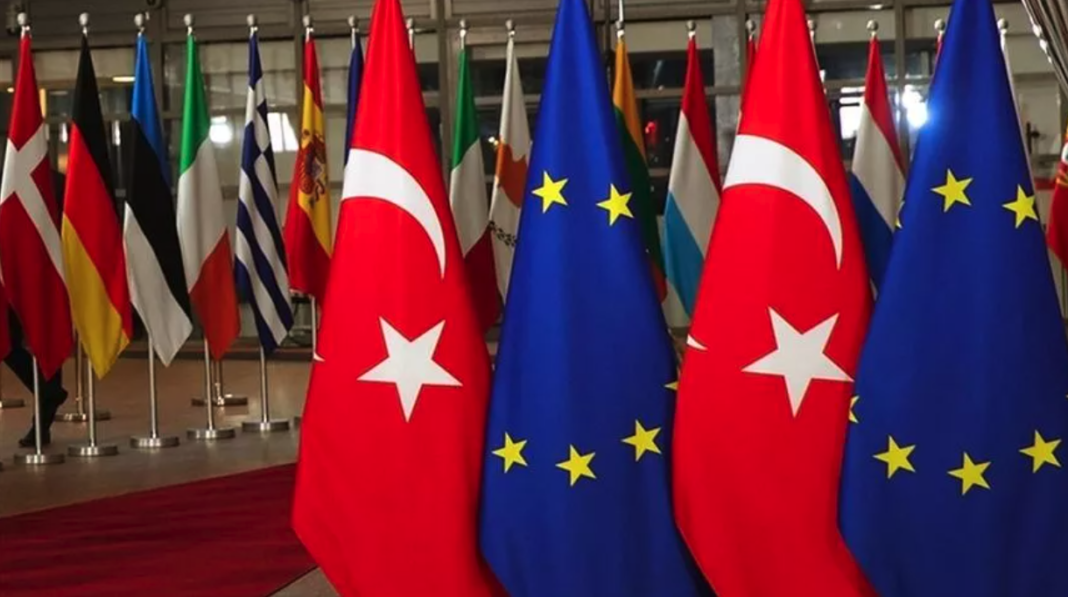The international community and the European Union should be generous in pledging financial support to Türkiye for the reconstruction of the country after two devastating earthquakes, a senior Turkish official has said, days before a donors’ conference will be held in Brussels. Reports Hurriyet Daily News on March 8, 2023.
The EU Commission and Swedish term presidency will organize a high-level donors’ conference on March 16 for Türkiye and Syria, which have been severely hit by the deadly Feb. 6 quakes that killed more than 50,000 people and collapsed cities.
“We hope for the widest participation of the international community to the conference and to provide Türkiye with medium-term resources for both emergency assistance, recovery and rebuilding over the next few years,” Türkiye’s permanent representative to the EU, Ambassador
Faruk Kaymakçı, told the daily Hürriyet in an interview. Kaymakçı, who served as deputy Foreign Minister between 2018 and 2023, has been recently appointed as Türkiye’s EU envoy. Well-known for his expertise on EU affairs, Kaymakçı’s priority in Brussels will be to coordinate and provide the EU’s continued assistance to Türkiye following the disaster.
These resources to be provided to Türkiye will be through loans and grants, and there are instruments Türkiye can benefit from as the EU candidate, Kaymakçı said. “What is important is that the world and the EU should show generosity to Türkiye, one of the most generous countries in the world.”
A comprehensive study by the World Bank, the U.N. Development Program and Turkiye’s presidential strategy and budget office is being carried out for damage assessment and figuring out what needs to be done in the coming years, Kaymakçı said. “In the frame of this study, we are hoping that the international community’s assistance will be proportional.”
There are still works that need to be done for sheltering and meeting the basic needs of the earthquake victims, the envoy stated, adding, “And beyond that, setting up new residential places and reconstructing destroyed industrial zones are also needed. So all these require at least one or two years of work. That’s why we are expecting financial facilitation for recovery and reconstruction in a term of one to two years from the international community.”
Flexibility also needed
Another demand of Türkiye regarding financial assistance is flexibility. The EU has strict rules in the use of its funds, as has been observed in the implementation of 3+3 billion Euro assistance to Türkiye as part of the 2016 migrant deal, Kaymakçı said. “These rules do not fit with the realities in the field. That’s why the support to be pledged should be flexible, meaningful and sustainable, and in line with the objectives of Türkiye.”
Ankara-Brussels ties getting warm
According to Kaymakçı, the atmosphere in ties between Ankara and Brussels is getting better due to the solidarity shown to Türkiye following the earthquakes. “It is up to two sides to turn this solidarity spirit into a positive stance. In the aftermath of the earthquakes, we have observed that contentious issues have been removed from the bilateral agenda, at least for now. This is even very positive,” he suggested.
This spirit of solidarity has brought warm ties, but everyone in Brussels is waiting for the results of the Turkish elections to speak about the future, Kaymakçı noted.
“There may be not much time for reforms in terms of harmonization with the EU acquis until the elections,” Kaymakçı said, but stressing momentum in ties with Brussels can be achieved if Türkiye can realize political reforms after the polls. “Two sides’ approaches will be decisive to this end.”

